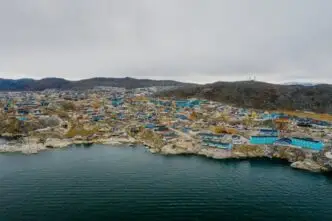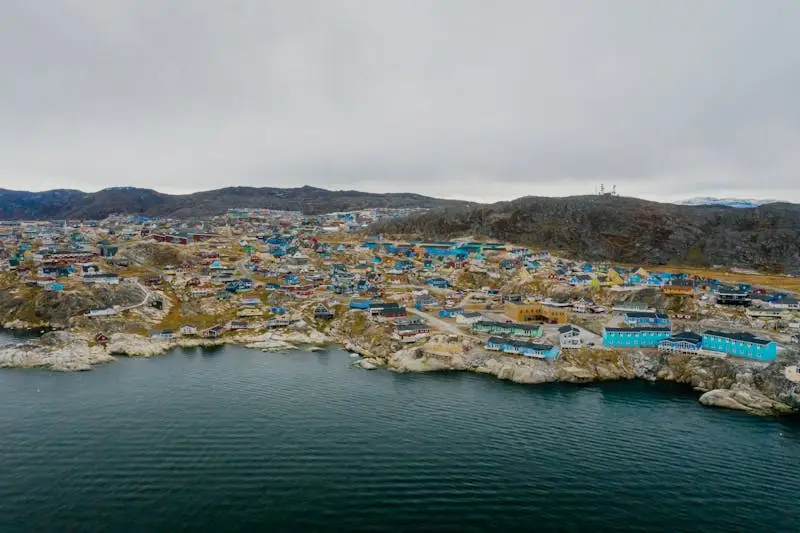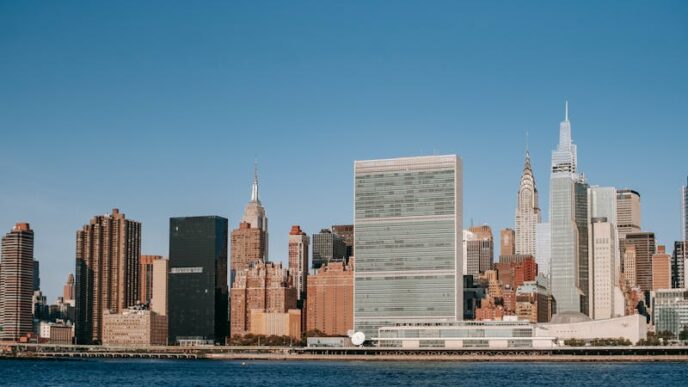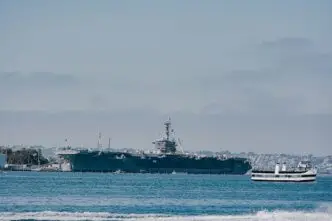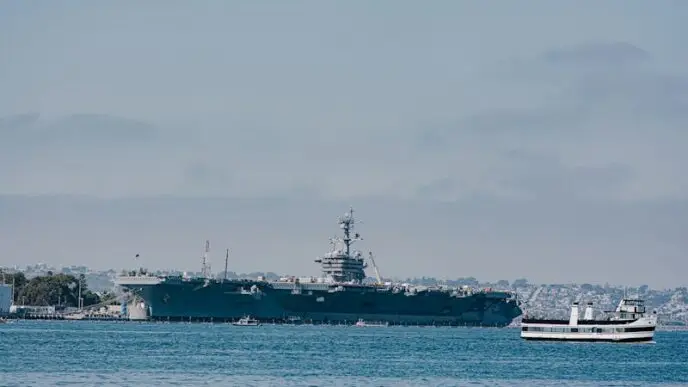Trump Transfers Greenland Base to U.S. Northern Command Amid Rising Global Tensions
In a groundbreaking move, President Donald Trump has transferred command and control of the U.S. military base in Greenland to the U.S. Northern Command (USNORTHCOM). This decision shifts the Arctic base from its previous status under the European Command, underlining its strategic importance in the growing geopolitical tensions in the Arctic region.
This strategic repositioning of the Greenland base is viewed as a significant step towards strengthening homeland defense. It comes as the U.S. seeks to bolster its presence and influence in the Arctic, a region gaining increasing global attention due to its vast untapped natural resources and strategic position in global shipping routes.
Strengthening Homeland Defense
The transfer of the Greenland base to USNORTHCOM is seen as a move to fortify U.S. homeland defense. The base, located at Thule Air Base, is the U.S.’s northernmost military installation that has the technical capacity to provide missile warning, space surveillance, and space control to North American Aerospace Defense Command (NORAD) and USNORTHCOM.
“The decision underscores the importance of the Arctic region to our national defense strategy and homeland defense missions,” said Gen. Glen D. VanHerck, commander of U.S. Northern Command and North American Aerospace Defense Command. “This realignment allows us to best respond to increasing threats in the Arctic.”
Significance of the Arctic
The region’s vast reserves of untapped natural resources, including oil, gas, and minerals, and its increasingly accessible shipping routes due to melting sea ice, make the Arctic of strategic importance to many nations. As global warming continues to melt the polar ice caps, new shipping routes are opening up in the Arctic, which could significantly shorten the transit time for goods between Asia, Europe, and North America.
“The Arctic is no longer a fortress wall and is now a front line of defense,” said Secretary of State Mike Pompeo in a 2019 speech. “This is America’s moment to stand up as an Arctic nation and for the Arctic’s future. Because far from the barren backcountry that many thought it to be, the Arctic is at the forefront of opportunity and abundance.”
Global Power Dynamics in the Arctic
Increasing geopolitical tensions have seen countries such as Russia and China seeking to expand their influence in the Arctic. Russia has been reopening and modernizing its military bases in the region, while China, despite not being an Arctic nation, has declared itself a “near-Arctic state” and is investing heavily in the region.
The decision to transfer the Greenland base to USNORTHCOM, therefore, is seen as a strategic move by the U.S. to assert its presence and protect its interests in the Arctic. It underscores the increasing strategic importance of the Arctic in global power dynamics and aligns with the U.S. government’s broader strategy to strengthen its national defense capabilities.
“This move is a clear signal to our adversaries that the U.S. takes its Arctic strategy seriously,” said Heather Conley, an Arctic expert at the Center for Strategic and International Studies. “It is a demonstration of our commitment to protect U.S. interests in the region and to support our allies and partners in the face of increasing geopolitical competition.”

